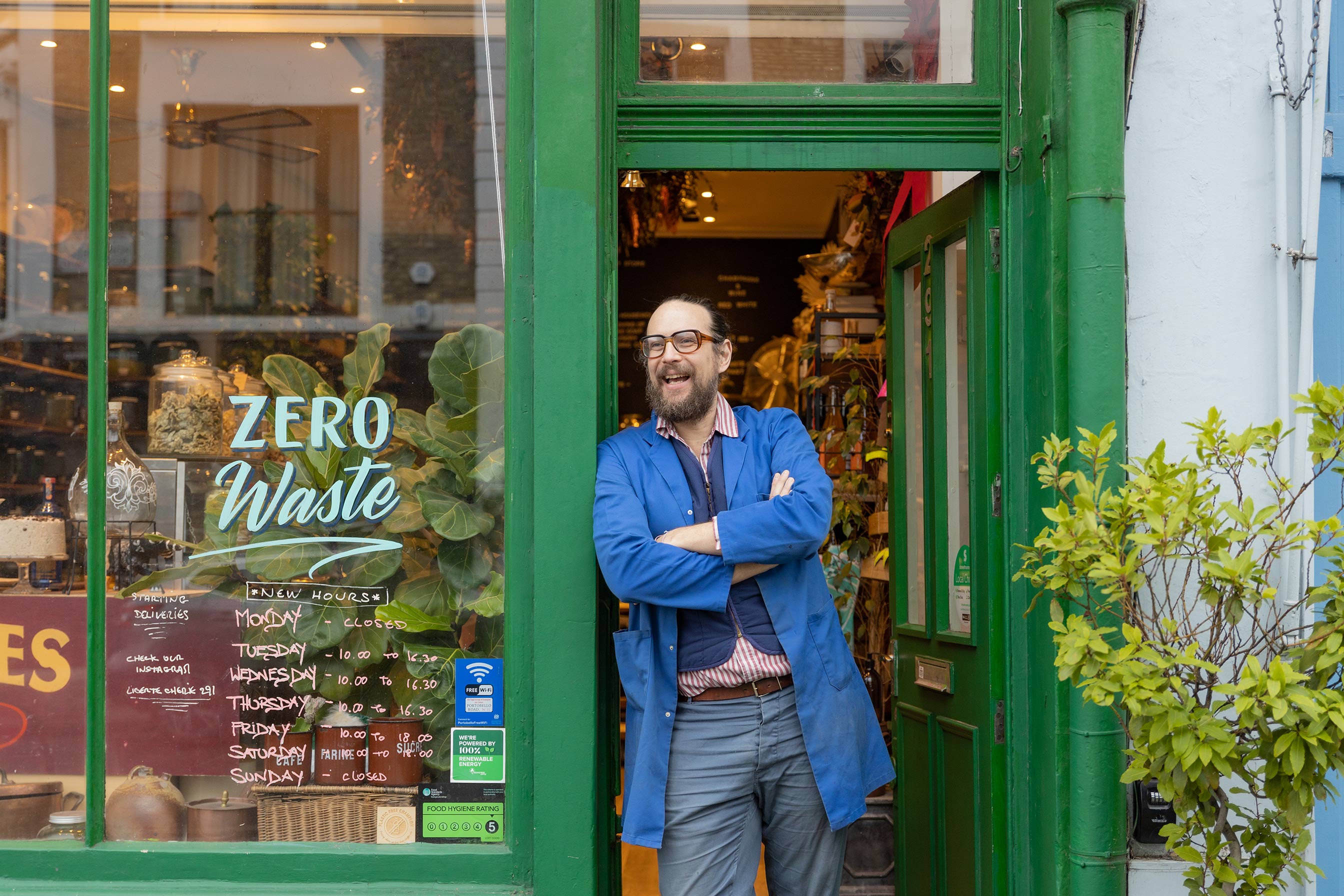As the world started to reopen fully, we saw a significant consumer shift to seeking experiences over material goods. This habit is what we call the experience economy.
The experience economy is here and now, and it’s open to monetising for businesses as a competitive differentiator.
As the nation’s pockets are feeling more stretched, consumers want more for their money – and what they want is an experience where they feel valued.
Experience is more important than ever
Although customer experience has always been important, a whole range of things have come together to put it at the absolute forefront of current consumer thinking.
- 71% of consumers said the current financial climate has changed their feelings about customer experience
- 19% place more importance on the experience, 12% expect more from it on the whole
- 42% of customers said less disposable income and enjoying themselves was the main factor to valuing experiences more
To stand out in an extremely competitive space, high street shops and services need to be providing a positive and memorable experience at every turn. Many customers expect a personal, reliable service as they return to in-person shopping.
Why experiences matter today

Experience isn’t just restricted to activity-based businesses, customer experience is just as much a part of it. So in a time where money’s stretched, customers will be more discerning with their pounds.
Over a third of consumers said they’d stop returning after one bad experience.
We’ve all been there. If you don’t feel cared about as a customer, you’ll feel like you’ve wasted your money. And the flipside’s true, too.
Two-thirds of consumers would pay more if they’d had great service.
Keeping existing customers is just as important as making a good first impression. What consumers want is something worth coming back for.
Mind the experience gap between businesses and their customers

Businesses today absolutely do their bit. Many of you reading this will know the lengths you go to to provide a good service.
96% of high street businesses are either somewhat or very proud of the customer experience they provide.
This is the experience gap.
Only 18% of consumers say they are always satisfied.
However, those businesses that go that extra mile have a chance to stand out and profit. With the majority of customers feeling like they’re lacking a satisfying experience on the high street all of the time.
Businesses can close the experience gap at very little cost

When we talk about improving customer experience, businesses can worry that there’s an investment involved. And while small investments can make a big difference. Many of the changes businesses can make don’t cost anything.
Almost all of those touches are cost-free to you. And with things like service speed and location atmosphere on the list, they might even work out better for you personally, too.
Almost half (48%) of customers would return to the business if they experienced small and personal touches.
So when it all comes together, you can get that all-important repeat custom, guaranteeing you a steadier monthly turnover at little or no extra cost.
Create an experience and boost efficiency with tech

Bridging the experience gap isn’t expensive, but how should businesses tackle it? Through more efficiency, powered insights and data, and to deliver something unique.
Only 24% of businesses use transactional data and insights to improve customer experience.
With more than three quarters of businesses not using transactional data, they’re likely to miss out on the most efficient ways to monetise the experience they give.
So what’s stopping high street businesses from ramping up their efforts to deliver on the experience economy; a lack of resources, time or data-led insights?
Data insights are already helping some businesses delight customers by creating efficiencies in these areas. And for that, you need the tech. After all, you can’t solve problems you don’t know exist.
Three key points to remember for businesses
- Make the most of your technology
Technology can help get a better understanding of your customer and provide a better experience at the end of the day. In a digital-first society, those that don’t embrace tech will be left behind. - Step up to expectations
Competition is fierce and people are changing the way they spend. Customers now expect a certain level of service and are willing to stay loyal to businesses that can provide it. - Keep costs low
Experience doesn’t need to break the bank. Customers may expect more when they step through the door. But businesses shouldn’t feel overwhelmed. A lot of what people want is small touches. Don’t ignore those when looking at the big picture.
Time well spent
Through Dojo customers surveys, transaction data and consumer focus groups we were able to put together a report that explores how businesses, predominantly in hospitality or retail and with physical premises, can make the most of the experience economy to connect to their customers.
To find out more, download our report by clicking the button below.



